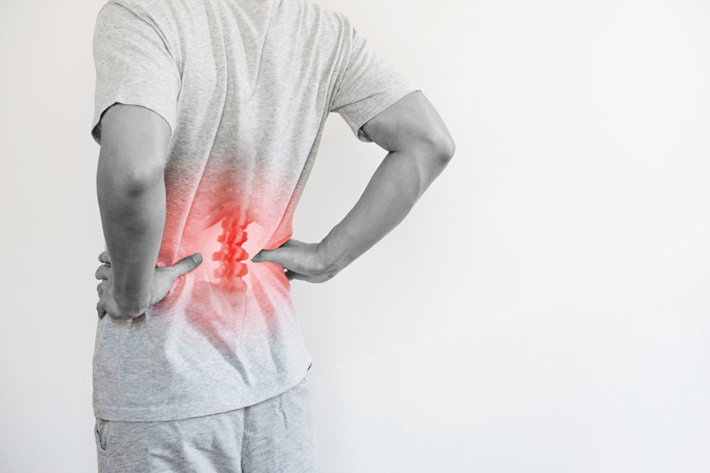A prolapsed intervertebral disc, also known as a herniated disc or slipped disc, occurs when the gel-like material within the disc protrudes or leaks out through a tear in the outer layer. This condition often leads to pain and discomfort, as the herniated disc can press on nearby nerves or the spinal cord.
Treatment options for a prolapsed intervertebral disc depend on the severity of the symptoms and
the individual’s overall health. Here are some common treatment approaches:
1. Conservative Management:
- Pain medications: Over-the-counter nonsteroidal anti-inflammatory drugs (NSAIDs) such asibuprofen or prescription painkillers may be used to manage pain and reduce inflammation.
- Physical therapy: Specific exercises and stretches can help strengthen the muscles supporting thespine and improve flexibility. Physical therapy may also include techniques such as hot/cold therapy,ultrasound, or electrical stimulation.
- Rest and activity modification: Avoiding activities that exacerbate symptoms and maintainingproper posture while sitting, standing, and lifting can alleviate pain and promote healing.
- Epidural steroid injections: In some cases, corticosteroid injections into the affected area may berecommended to reduce inflammation and relieve pain.
2. Surgical Intervention:
- Microdiscectomy: This minimally invasive surgery involves removing the portion of the disc that is compressing the nerve or spinal cord. It is typically performed when conservative treatments have failed to provide relief or when symptoms are severe.
- Lumbar laminectomy: Also known as decompression surgery, this procedure involves removing a small portion of the bone and/or thickened ligaments to relieve pressure on the affected nerve roots.
- Artificial disc replacement: In select cases, a damaged intervertebral disc may be replaced with an artificial disc to restore stability and alleviate pain.
The choice of treatment depends on factors such as the severity of symptoms, duration of symptoms, impact on daily life, overall health, and the individual’s preferences. It’s important to consult with a healthcare professional, such as an orthopedic surge
on or a neurosurgeon, who can evaluate your specific condition and recommend the most appropriate treatment plan.





